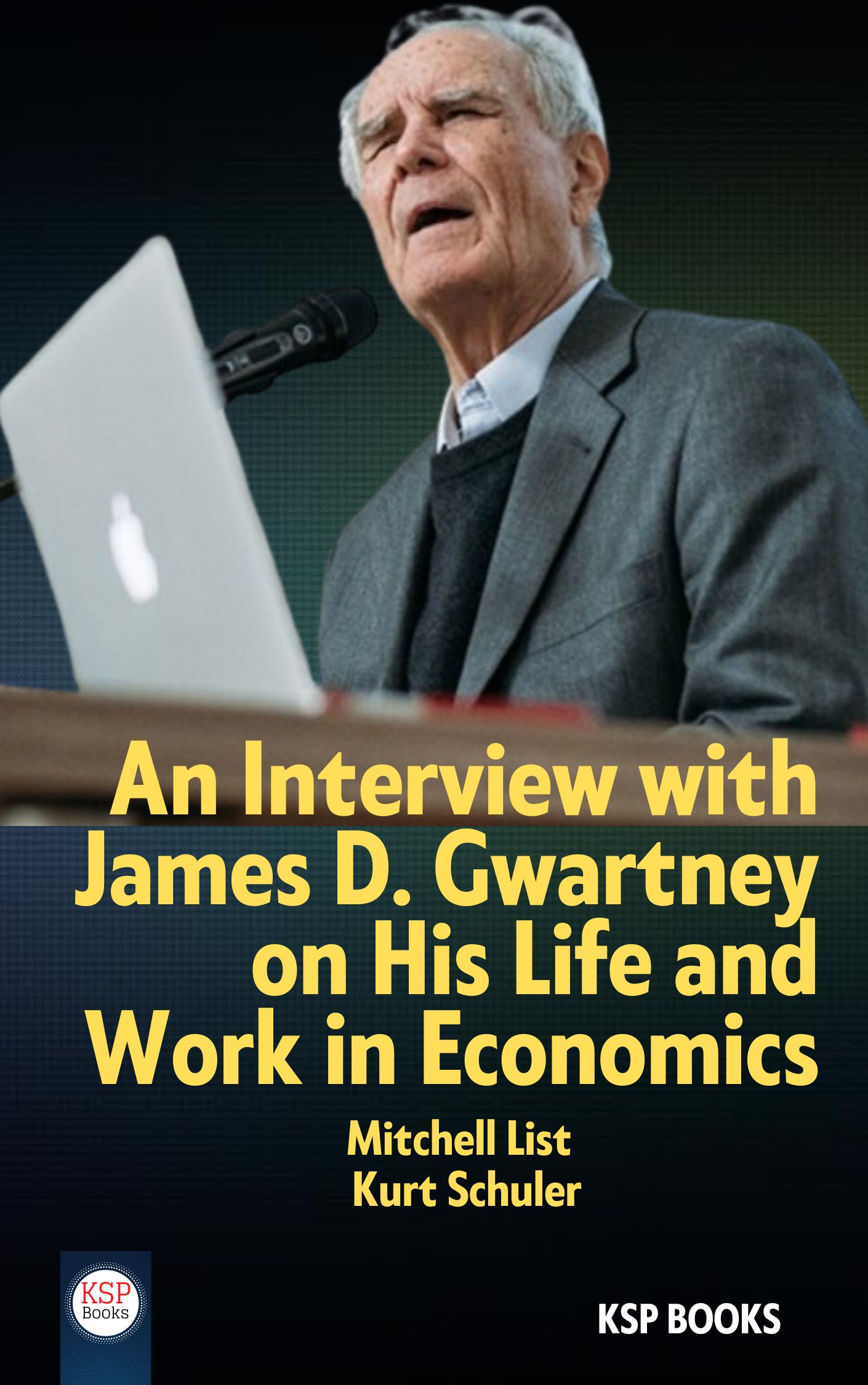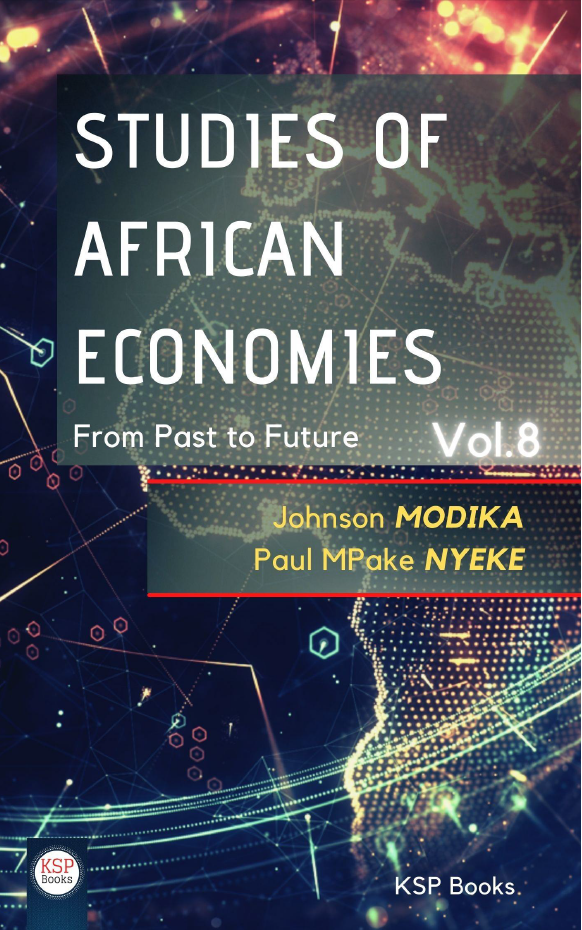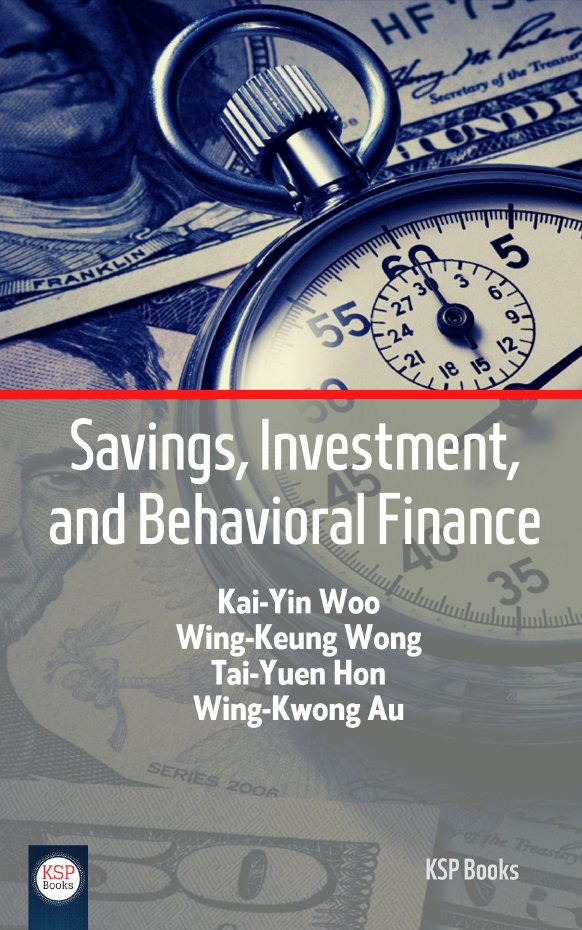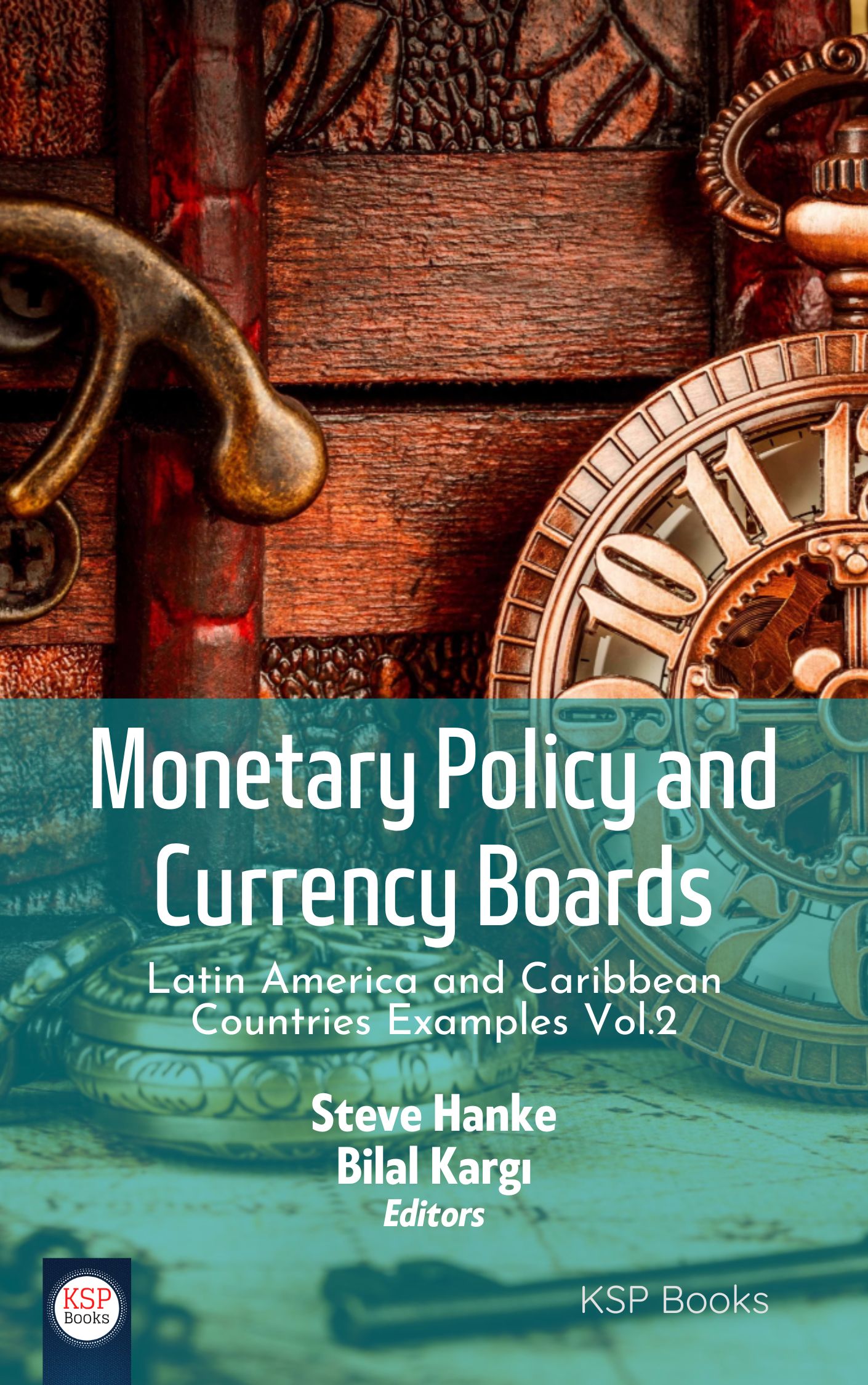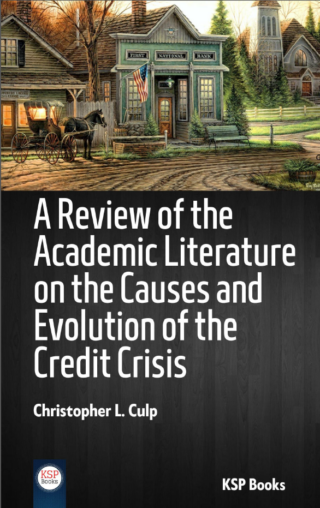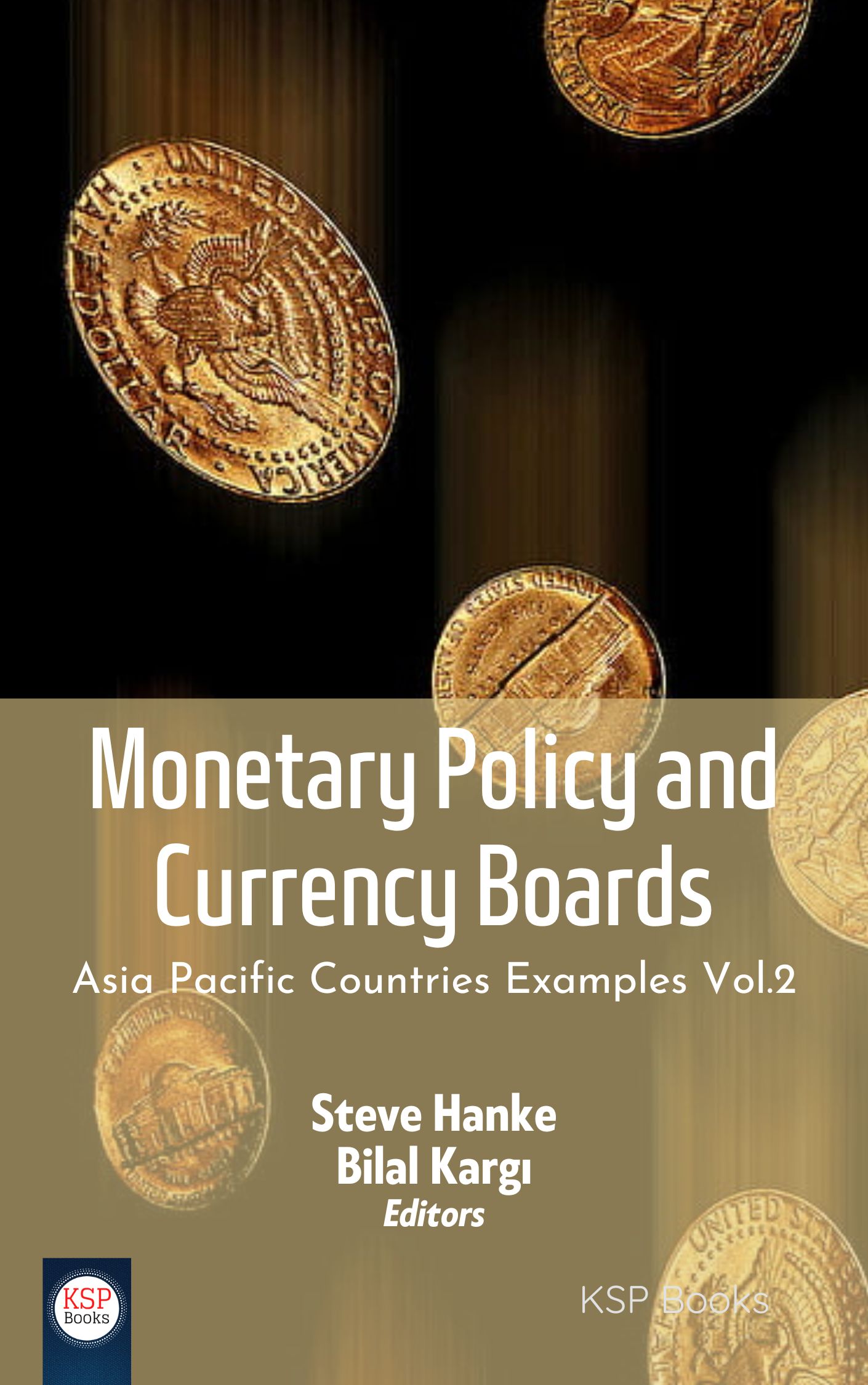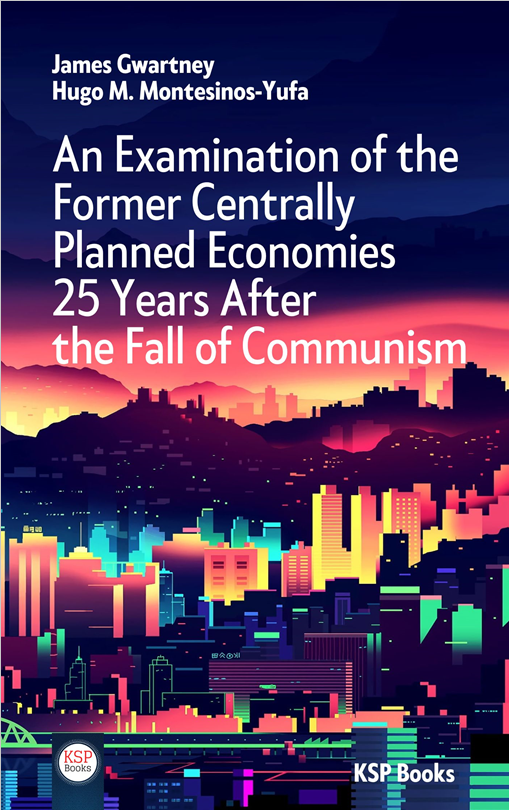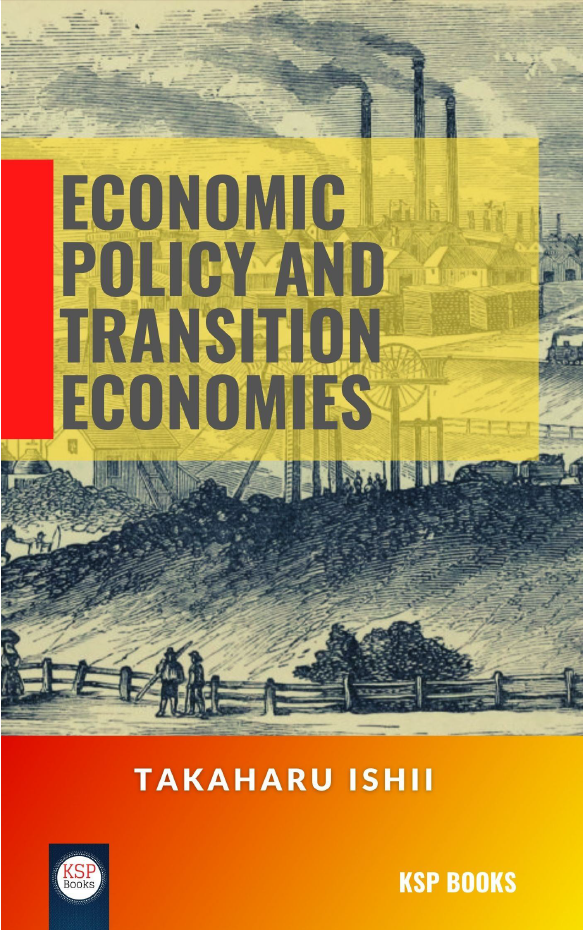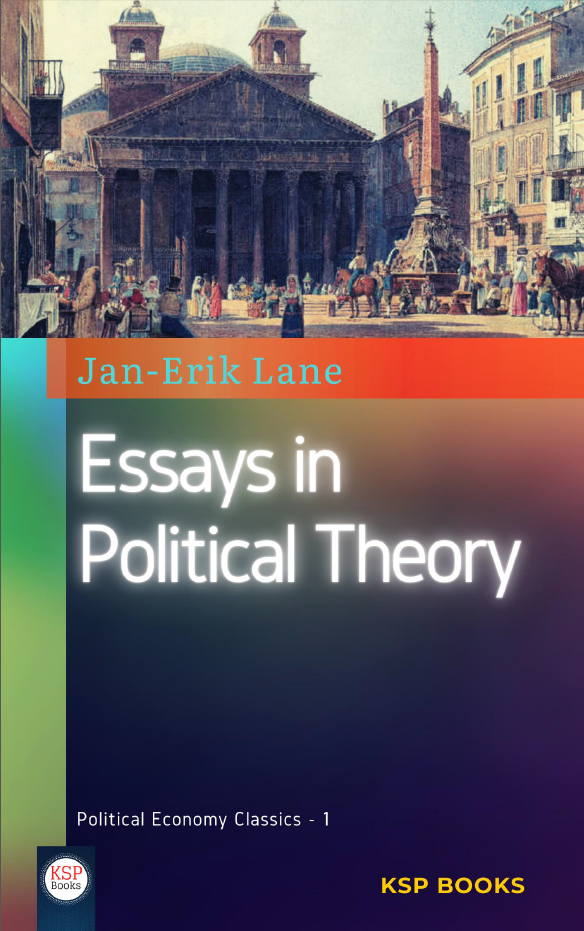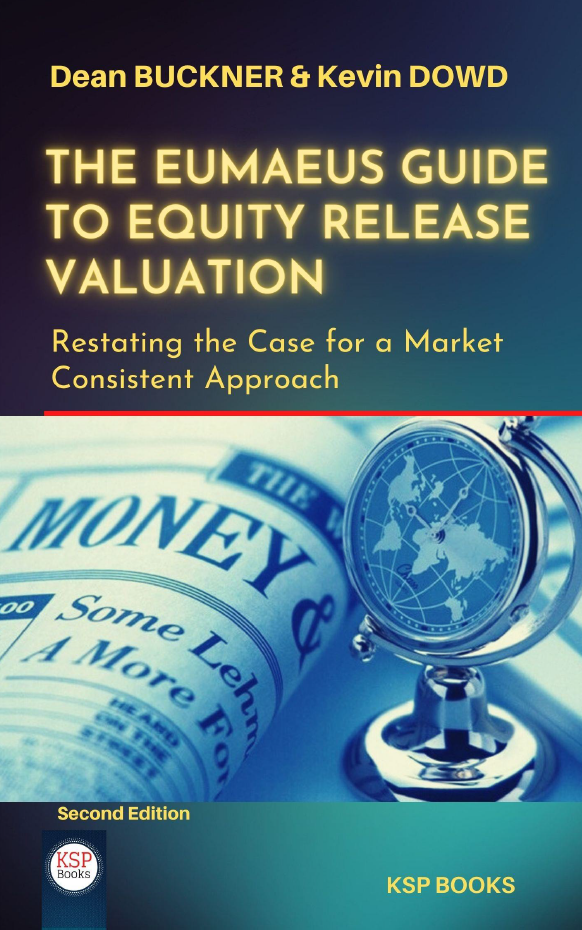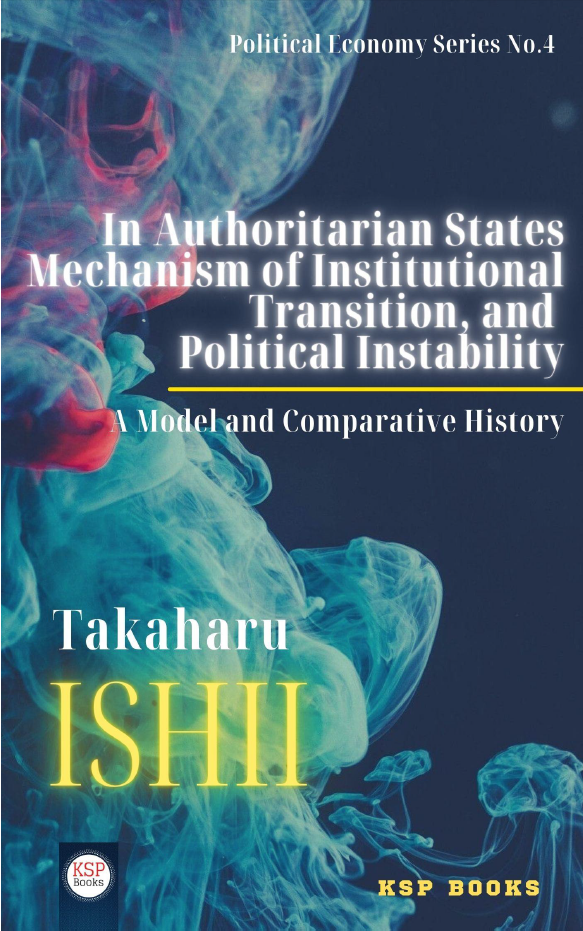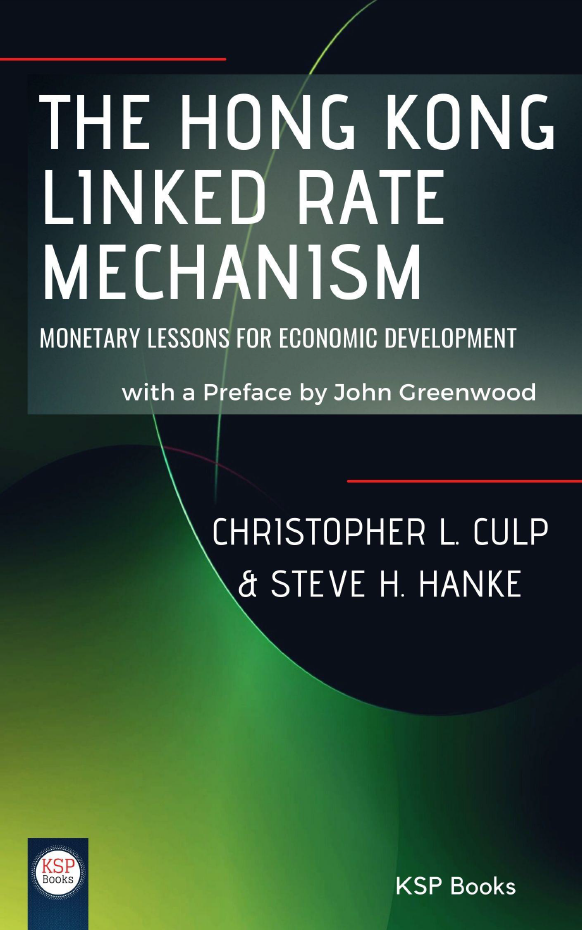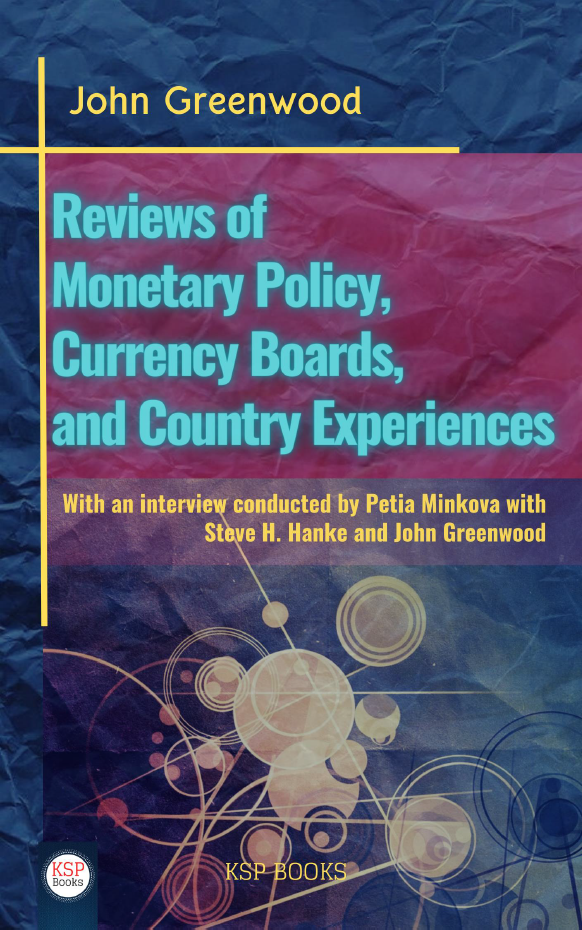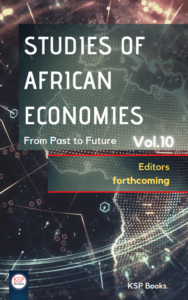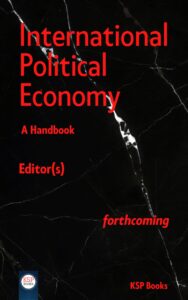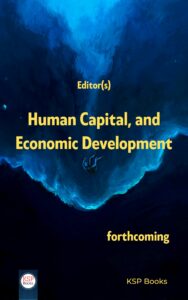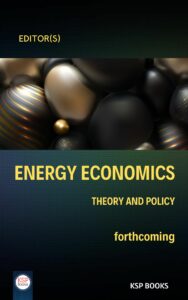I wrote decades ago on the causes of the Great Depression, emphasizing the roles of both the post-WW1 undervaluation of gold and the deflationary policies of the Federal Reserve and, even more, of the Bank of France. Since publication of Gold, France, and the Great Depression (1997), we have seen the Asian crisis of the late 1990s, the Great Recession of 2007-2009, a subsequent decade of slow growth, and the pandemic and subsequent inflation of 2020-2022. Contents here include comments on each of these. I also became interested in theoretical issues involving monetary and fiscal policy, especially as they appear in J.M. Keynes and in Robert Mundell. Elsewhere, it has loomed for me as an unfinished task to understand better why Cold War events, including Berlin and Vietnam, unfolded as they did. I include two papers here that are clarifying, including of the roles of US and international leaders. Finally, I spent years working on economic development and political reconstruction in the Middle East and central Asia, and include observations on what happened there and what should have been done differently.
In about 2009, I sent a note to Mundell observing that occasions Keynes cited in his Treatise on Money (1930) as evidence of monetary policy failure were anything but that. In the cases discussed, Keynes mis-interpreted or overlooked evidence. This matters because Keynes’ arguments then and later for fiscal intervention to overcome economic slowdowns followed similar inadequate summaries of monetary history. Mundell encouraged me to “write it up.” With delay, my article “Did Keynes Make His Case?” followed – and is included here as Chapter 1. It turns out that Keynes’ deeper argument had less to do with monetary economics (to which he made large contributions) than with doubts about capitalism and financial markets. These were frequent concerns during the depressionary Thirties; they led to much confusion, which unfortunately Keynes abetted, about the workings of monetary economics.
Mundell’s monetary and fiscal “policy mix” arguments have important implications for macroeconomic policy. Going back to the early 1960s, Mundell’s analysis was usually invoked – including by himself – in favor of the “supply-side” mix of tight money and easy fiscal policy, the last to include lower tax rates. The tight money/ easy fiscal mix was intended for a situation of stagflation – slow domestic growth, rising unemployment, and rising prices. But, as outlined in Chapter 2, there is a larger symmetry in the policy mix framework. Under conditions of low inflation and a rising national currency, easier money might be appropriate; and with monetary expansion, tax cuts would mean either over-heating or redistribution in favor of those with more income or wealth. The Trump tax cuts of 2017 came in a macroeconomic juncture for which a supply-side remedy was not suitable.
Section I
Macroeconomic History
1. Did Keynes make his case?
2. Supply-side economics, the 2017 Tax Act, and beyond
3. Tight money, high wages: Sumner on the Great Depression
Section II
Cold War
4. A different cold war? The 1963 European settlement and afterward
5. Ferguson, Kennedy, Kissinger and Vietnam:
A fresh look
Section III
Inflation, Recession, Crisis
6. Inflation policy, 2022: Background
7. Monetary policy and the Great Recession: Seven myths
8. Monetary targeting, financial crisis and the Great Recession, 2007-2009
9. Financial crisis management in emerging markets, 1995-1999
Section IV
Travels in Western and Central Asia
10. Missing economic strategy in Iraq
11. Economic development in Iraq: Bad advice, misdirected policy
12. Kyrgyzstan’s virtual economy
13. Missing political front in Afghanistan
14. How to leave Afghanistan
Clark Johnson
USA.
Dr. Johnson has written frequently on monetary and development economics, and on topics in diplomatic history, in the Journal of Economics and Political Economy, the Small Wars Journal, the Journal of Social and Administrative Sciences, and Advances in Social Sciences Research Journal, among others. A collection of his articles is published here in open-access format as Uncommon Arguments on Common Topics (June 2022). His Gold, France, and the Great Depression, 1919-1932 (Yale, 1997) received an award from the Association of American Publishers – and has been called the best one-volume account of events that led to the Depression.
Johnson was a senior expert in finance and governance for the United States Department of Defense (DoD) in Afghanistan during 2009 to 2014. He was team leader and senior economist for MPRI, a DoD contractor in Iraq during 2008-2009, on a project to assist post-conflict transition and economic recovery. He later published critical accounts – included here — of US policy in both wars. He was an economist for the US State Department in Iraq prior to that, and an independent contractor/ economist for USAID, the US Treasury, the British DfID, and the Asian Development Bank going back to 1996; venues included Saudi Arabia, Kosovo, Kyrgyzstan, and Israel-Palestine. He taught financial or international economics at the University of Maryland in Saudi Arabia, the American University in Kyrgyzstan, and Boston University.
Johnson completed a PhD in diplomatic and economic history at Yale University in 1994. He worked on his dissertation with Harry Miskimin, Willem Buiter, and (informally) Robert Mundell. He previously earned a BA in philosophy from the University of Massachusetts (Amherst), and a MBA in corporate finance at UCLA. He is fluent in several languages. During 1981-1987, he was employed at Chase Manhattan Bank where he was promoted to second vice president, and as a vice president at Citibank; he worked in money markets, options, and foreign exchange.
In 2018, Johnson was a Democratic candidate for the Massachusetts State House; but for unfortunate filing errors, he believes the race was winnable. He is an economics advisor at Trade Engine LLC, an IT development firm based in Wyoming. He has been a high school tennis coach, most recently for two seasons at the Chinese Immersion charter school in Hadley, MA.
Johnson’s daughter, Elizabeth Loss Johnson, PhD, recently joined the faculty of Feinberg Medical School in Chicago.
Related EconPedia Items



